15 Foods Gastro Doctors Never Touch + 5 They Eat Sparingly
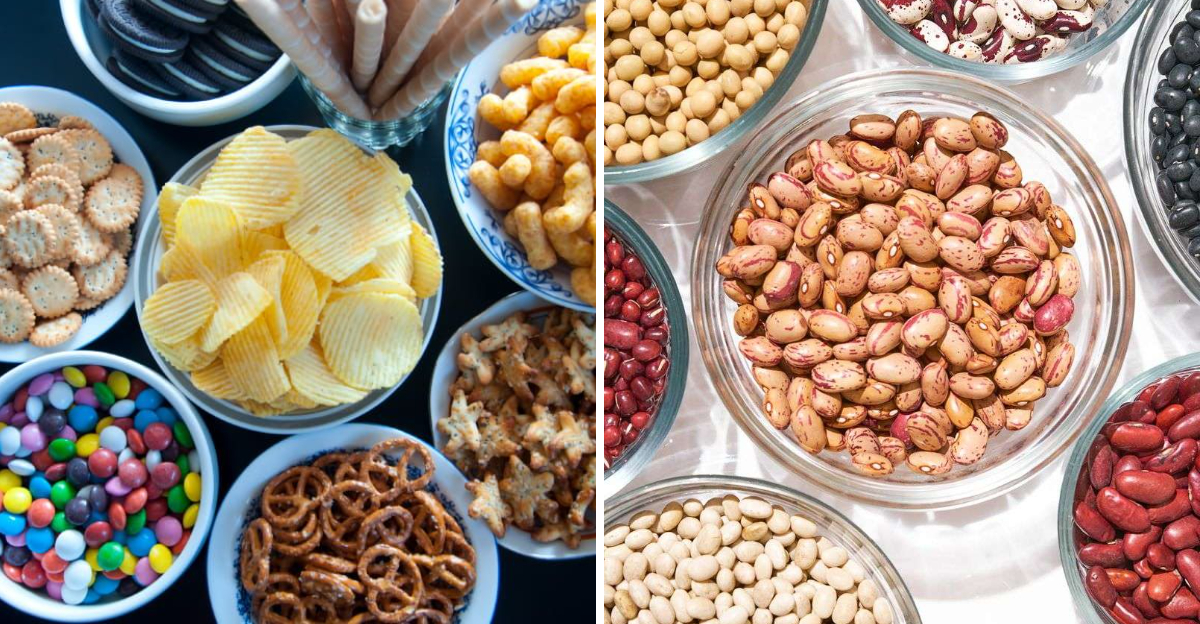
When it comes to digestive health, gastroenterologists know which foods can wreak havoc on the gut—and which are best enjoyed in moderation. Here are 15 foods many GI doctors avoid entirely, followed by 5 they consume sparingly due to their potential to cause issues when eaten too often.
1. Processed Meats

Processed meats, such as hot dogs and deli slices, are often high in nitrates and saturated fats. These ingredients can irritate the gut and increase cancer risk. Gastroenterologists advise against them because of these significant health concerns. The preservatives used in these meats can also disrupt healthy digestion.
Did you know? The World Health Organization classifies processed meats as Group 1 carcinogens, meaning there is strong evidence they cause cancer. This adds to the health risks associated with regular consumption.
Choosing fresh, unprocessed meats and adding more plant-based proteins can be beneficial for gut health.
2. Artificial Sweeteners
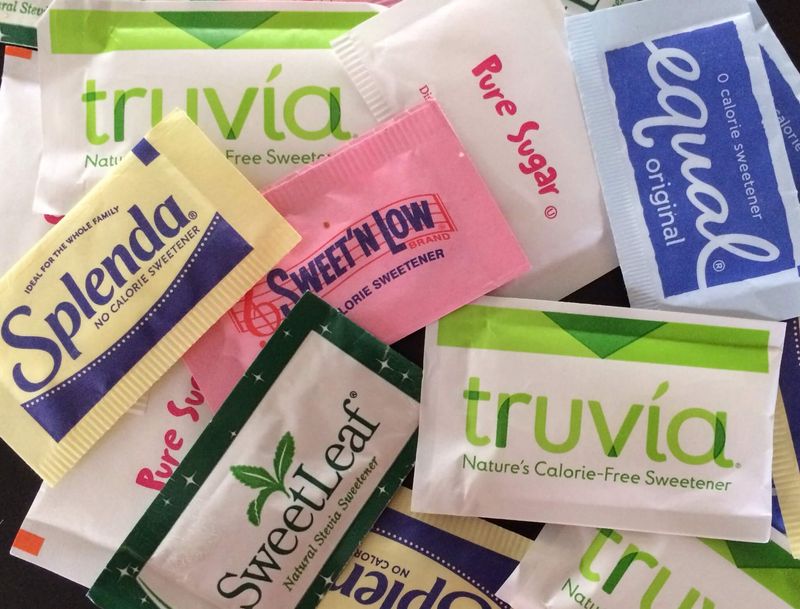
Artificial sweeteners, especially sucralose and sorbitol, are known to disrupt gut bacteria. These sweeteners can cause bloating, gas, and diarrhea in some people. For those with sensitive digestive systems, avoiding these sweeteners is crucial.
Interestingly, studies show that sorbitol can have a laxative effect when consumed in large amounts. This is another reason why many gastroenterologists avoid these substitutes.
For a healthier alternative, consider using natural sweeteners like honey or agave syrup, but always in moderation to protect your gut flora.
3. Fried Foods
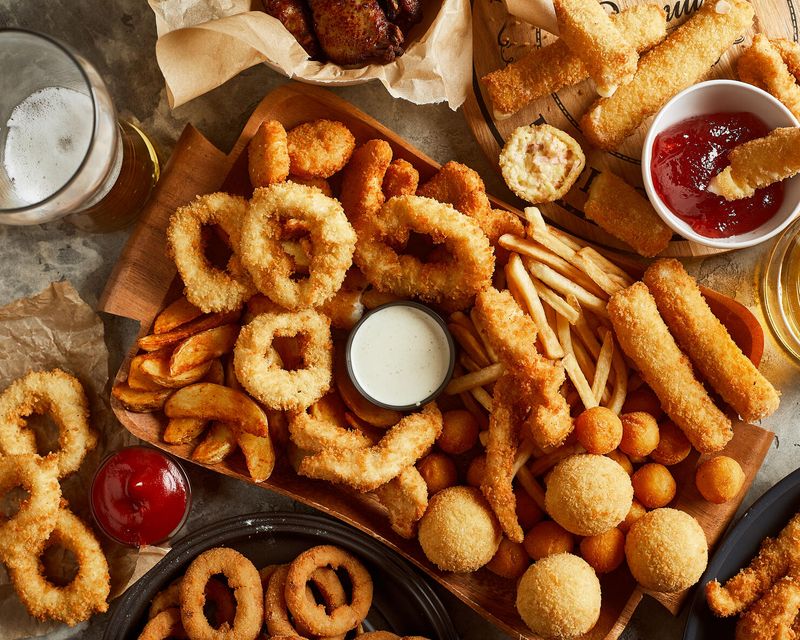
Fried foods, with their heavy and greasy nature, can significantly slow down digestion. This often results in acid reflux and heartburn. Gastro specialists typically steer clear of these foods to avoid such uncomfortable symptoms.
The trans fats present in fried foods also contribute to inflammation and are linked to more severe digestive issues. Opting for baked or grilled versions can be a healthier choice.
Fun Fact: The term “french fries” originated in Belgium, where they are traditionally cooked twice for extra crispiness.
4. Soft Drinks

Soft drinks, both sugary and diet, are acidic and filled with substances harmful to gut health. The carbonation can lead to bloating, while sugars or artificial sweeteners disrupt gut bacteria.
Many gastroenterologists avoid these beverages to maintain a balanced digestive system. Additionally, the high sugar content in regular sodas is linked to obesity and insulin resistance.
Switching to infused water or herbal tea can offer a refreshing alternative without the negative impact on your gut.
5. Ultra-Processed Snack Foods

Ultra-processed snack foods, such as cheese puffs and snack cakes, often contain additives harmful to the gut lining. These foods can also disturb the microbiome balance, leading to digestive discomfort.
With long ingredient lists, these snacks offer little nutritional value and are better avoided by those seeking a healthy gut. Gastroenterologists recommend opting for whole, natural foods instead.
Did you know? Some emulsifiers used in processed foods are shown to cause inflammation and colitis in lab mice, raising concerns about their impact on human health.
6. Red Meat
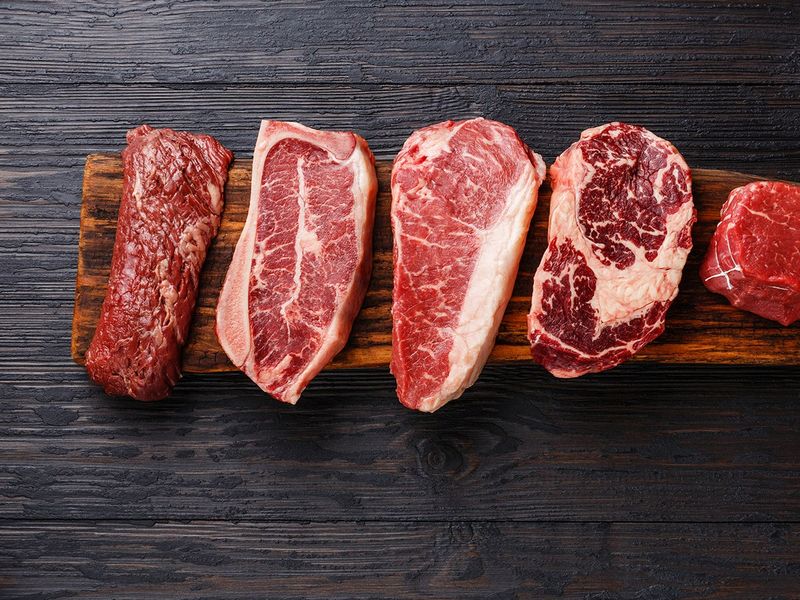
Red meat, particularly fatty cuts, is harder to digest and linked to increased inflammation. Regular consumption is associated with a higher risk of colorectal cancer, a significant concern for gastro specialists.
To protect gut health, many choose leaner cuts or plant-based proteins. Studies suggest moderating red meat intake to reduce cancer risks.
Fun Fact: In some cultures, red meat is marinated with digestive-friendly spices like cumin and ginger to help ease digestion.
7. Excessive Alcohol

Excessive alcohol consumption irritates the stomach lining and disrupts gut flora. It can worsen acid reflux and gastrointestinal inflammation, which is why many doctors limit their intake.
Alcohol also dehydrates the body, impacting digestion negatively. For better gut health, moderation is key. Consider alternative beverages like mocktails that are easier on the stomach.
Did you know? In ancient Egypt, beer was consumed daily as a safe and nutritious beverage, unlike today’s heavily processed versions.
8. Microwave Popcorn

Microwave popcorn is often flavored with additives like diacetyl, which has raised health concerns. Although no longer used by major brands, its replacement additives still pose questions about safety.
Gastroenterologists often avoid microwave popcorn due to these uncertainties. The high sodium content can also be problematic for digestion.
For a healthier snack, consider air-popped popcorn seasoned with natural herbs and spices, providing a guilt-free and delicious alternative.
9. Energy Drinks

Energy drinks are packed with caffeine and additives that can trigger acid reflux and worsen gastritis. They affect gut motility and disrupt normal digestion.
Many gastro specialists recommend avoiding energy drinks due to these adverse effects. Instead, try natural energy boosters like green tea or a brisk walk.
Fun Fact: The first energy drink, invented in Japan in 1962, was marketed as a medicinal tonic before gaining popularity worldwide.
10. Refined White Bread

Refined white bread lacks the fiber necessary for efficient digestion, leading to sluggish digestive processes. It can also cause blood sugar spikes, a concern for those with diabetes.
To promote better gut health, many switch to whole grain options that offer more fiber and nutrients. Gastroenterologists often avoid refined white bread for these reasons.
Did you know? The white bread we know today became popular during the Industrial Revolution when bleached flour was cheaper and faster to produce.
11. Frozen Dinners with Long Ingredient Lists
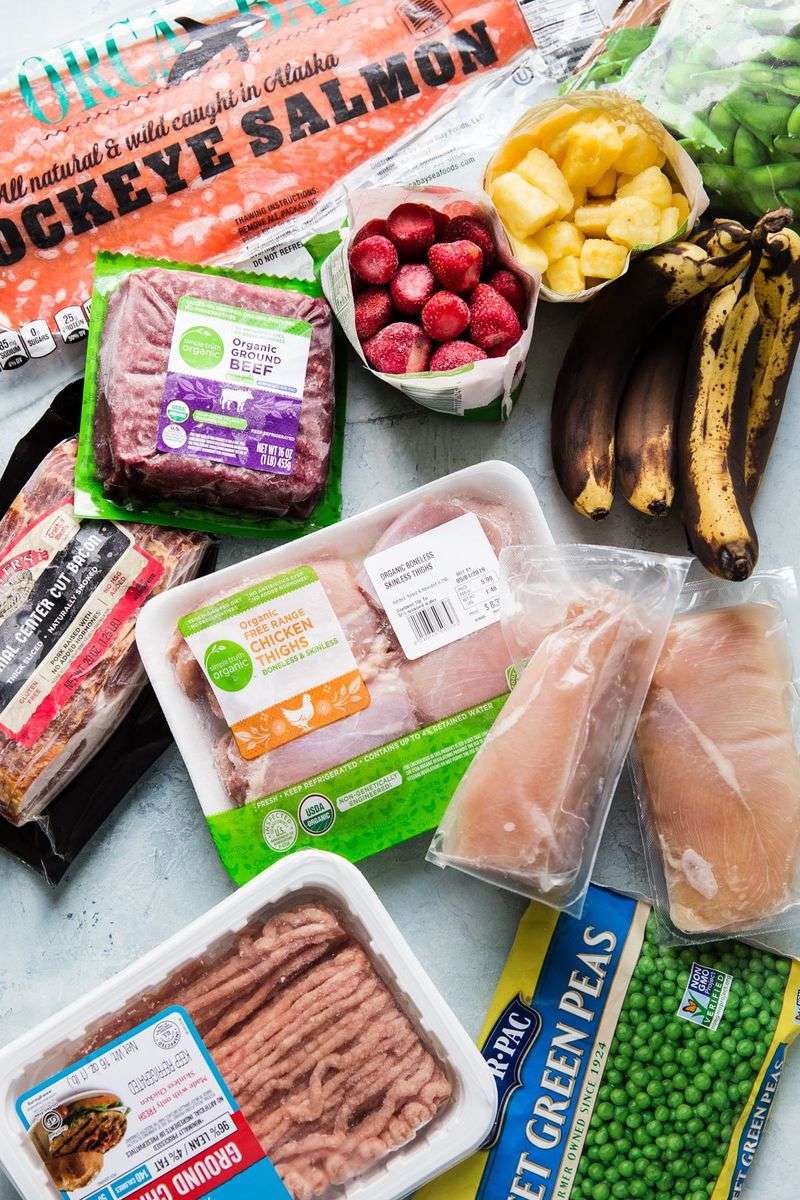
Frozen dinners with lengthy and complex ingredient lists are often high in sodium and artificial preservatives. These meals provide little nutritional value and can hinder digestive efficiency.
Gastroenterologists advise choosing fresh ingredients when possible to support gut health. Avoiding these convenient but unhealthy options can lead to better overall wellness.
Fun Fact: TV dinners, first introduced in the 1950s, revolutionized mealtime in American households, despite their lack of nutritional benefits.
12. Fast Food Breakfast Sandwiches

Fast food breakfast sandwiches combine processed meats, refined carbs, and cheese, making them tough on digestion. Their low nutritional value prompts many to avoid them for a healthier start to the day.
Long-term consumption can lead to digestive discomfort and increased health risks. Gastro specialists recommend starting the day with whole foods rich in fiber and protein.
Fun Fact: The first breakfast sandwich was created to attract more customers to fast food chains during morning hours in the 1970s.
13. Canned Pasta Meals
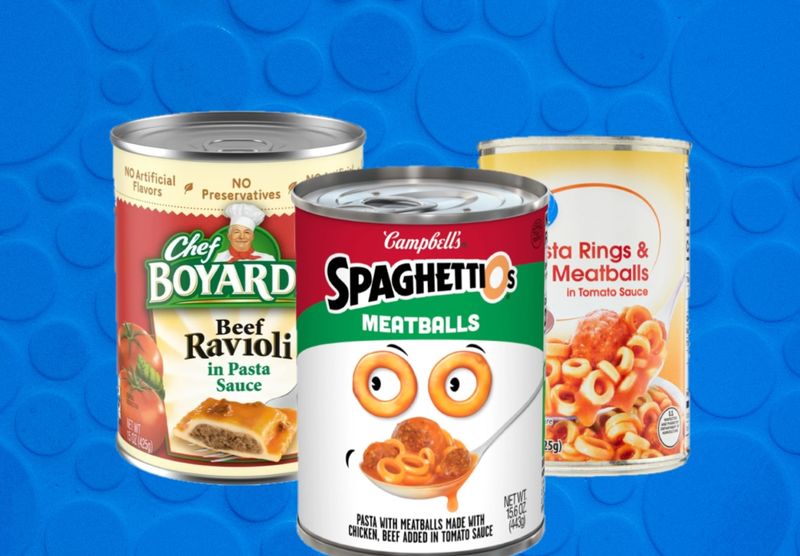
Canned pasta meals like ravioli or spaghetti are loaded with sodium and processed ingredients. These meals often irritate sensitive digestive systems and provide minimal nutritional benefits.
Choosing fresh pasta with simple ingredients can be a more gut-friendly option. Gastroenterologists often avoid canned pastas to maintain digestive wellness.
Did you know? Canned pasta became popular during World War II as a convenient, shelf-stable meal for soldiers, despite its lack of freshness.
14. High-Fructose Corn Syrup Products

Products containing high-fructose corn syrup can disrupt gut bacteria balance, leading to bloating and poor blood sugar control. These effects are why many avoid them to protect gut health.
Gastroenterologists often recommend looking for natural sweeteners as alternatives. Reducing intake of these products can improve digestive and overall health.
Fun Fact: High-fructose corn syrup was first created in the 1960s as a cheaper alternative to sugar, quickly becoming a staple in processed foods.
15. Pastries with Hydrogenated Oils

Pastries made with hydrogenated oils contain trans fats that can increase inflammation in the gut and rest of the body. These oils are a major reason many gastro specialists avoid such treats.
While these pastries may be delicious, their health risks can outweigh their sweetness. Opting for alternatives made with healthier fats can be a better choice.
Did you know? Croissants, a popular pastry, originated in Austria as a celebration of a military victory in the 17th century.
16. Beans
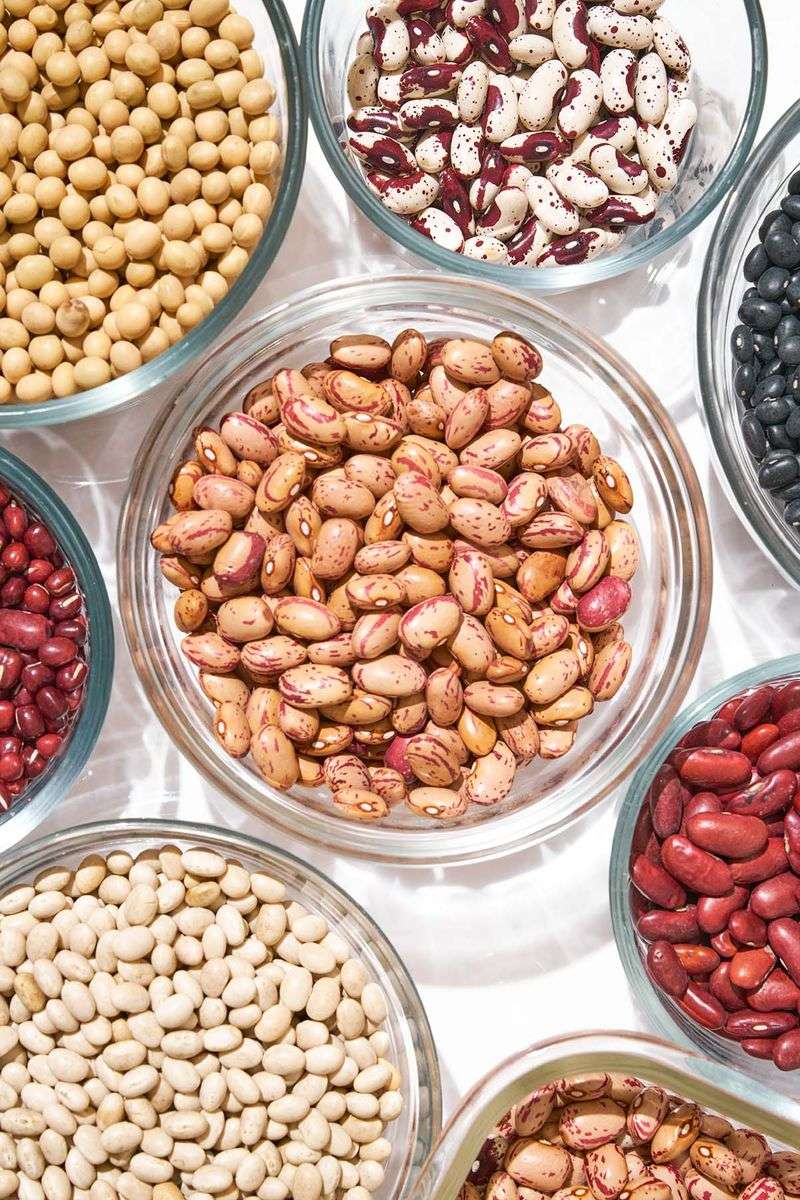
Beans are healthy and high in fiber but can cause gas and bloating if not prepared properly. This potential for digestive discomfort leads many to consume them sparingly.
Gastroenterologists suggest soaking beans before cooking to reduce these effects. When prepared correctly, beans can be an excellent source of nutrition.
Did you know? Beans have been cultivated for thousands of years, with evidence of their consumption dating back to ancient civilizations in Peru.
17. Cruciferous Vegetables
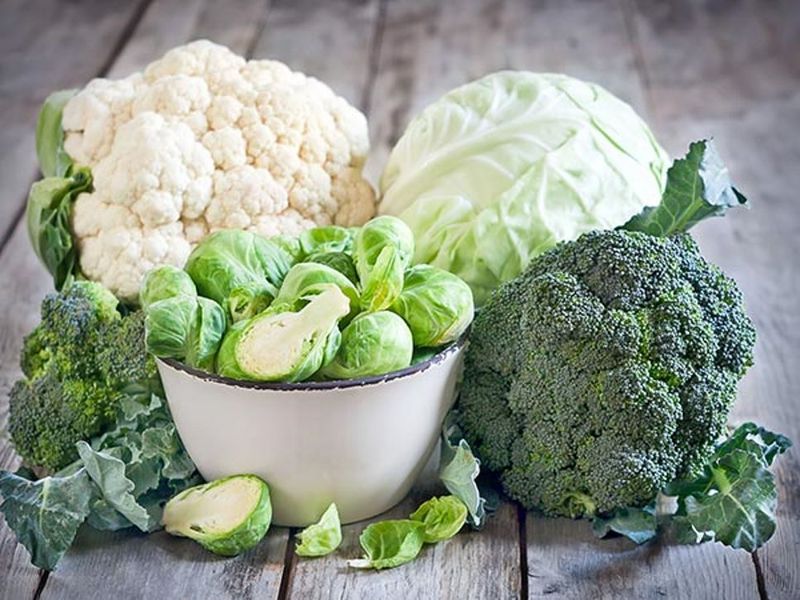
Cruciferous vegetables, such as broccoli and cabbage, are nutrient-dense but often produce gas. Gastro specialists typically eat them in moderation to avoid bloating.
Cooking these vegetables can help mitigate their gas-producing effects, allowing for easier digestion. They remain a valuable part of a balanced diet due to their nutritional benefits.
Fun Fact: The name “cruciferous” comes from the Latin word for “cross,” as the flowers of these plants typically have four petals arranged in a cross shape.
18. Spicy Foods

Spicy foods, while flavorful, can aggravate GERD, ulcers, or IBS symptoms. Their potential to irritate sensitive digestive systems leads many to consume them sparingly.
For those with such conditions, milder spices or herbs can provide flavor without discomfort. Moderation and mindful eating can ensure enjoyment without pain.
Did you know? Capsaicin, the compound that gives peppers their heat, was originally used by native cultures as a natural pain reliever.
19. Dairy Products
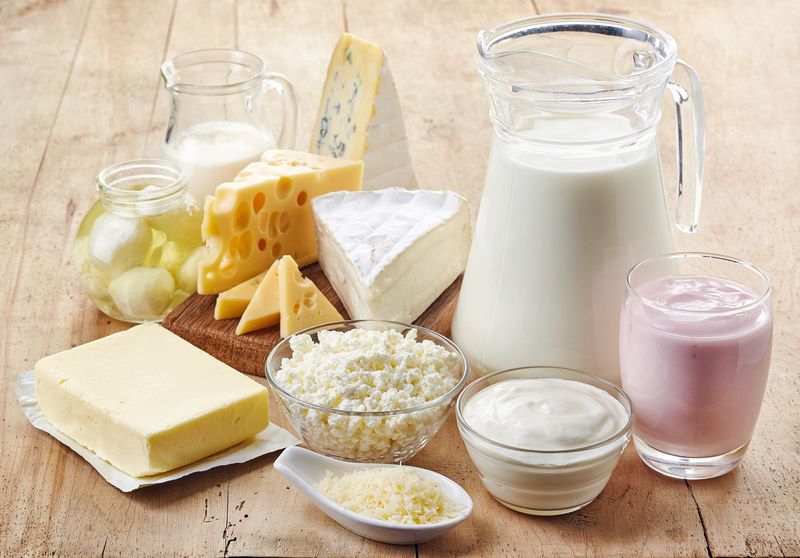
Dairy products can cause digestive distress in those with lactose intolerance. Symptoms like bloating, gas, and cramps lead many to consume dairy sparingly.
Alternatives such as lactose-free milk or plant-based options can provide similar nutritional benefits without discomfort. Gastro specialists often choose these alternatives for better digestive health.
Did you know? Lactose intolerance is more common in adults than children, as the production of lactase enzyme decreases with age.
20. Gluten-Containing Foods
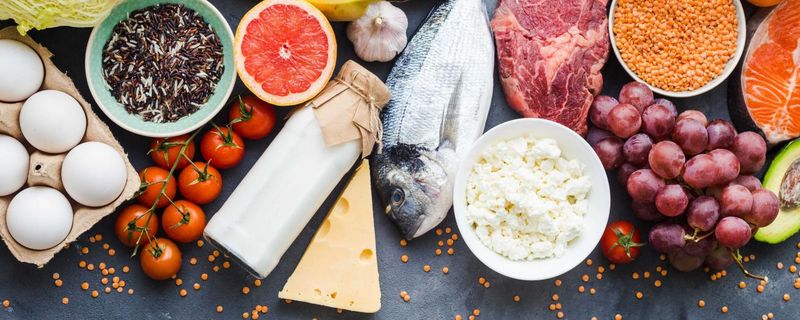
Gluten-containing foods, while safe for most, can cause issues for those with celiac disease or non-celiac gluten sensitivity. These individuals often limit wheat-based products.
Gastroenterologists advise these patients to choose gluten-free alternatives to protect gut health. Adhering to a gluten-free diet ensures fewer digestive issues.
Fun Fact: The term “gluten” comes from the Latin word for “glue,” reflecting its sticky, elastic properties in dough.
